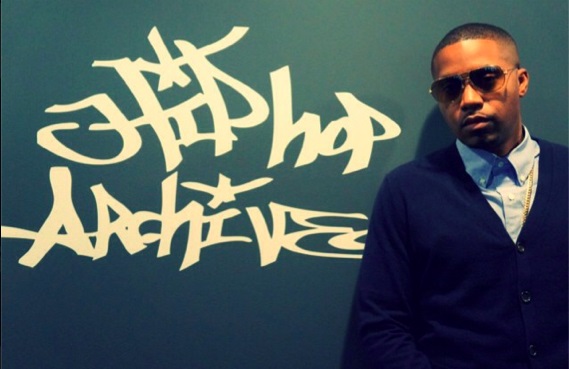In terms of the urban Black male, culture has a tangible correlation with academic excellence. But is it the student’s fault? Most would not argue that competing in and mastering the game of dominoes takes intellectual aptitude. But this type of skill is overshadowed by instances of truancy because these students choose to continue an engaging game in the cafeteria instead of showing up to science class for a lesson on photosynthesis. For urban Black males, schools must take some of the onus of responsibility. As I said earlier, many Black males, told to excel in a site that does not validate their culture, choose to not learn and reject the messages, learning opportunities, and schooling that high schools offer. Again, the result of the disproportionate drop-out rate must be equally levied against the institution as well as the individual. We must get to a point where we can have a candid discussion about challenging the European philosophical and critical standards of education that will ultimately lead to troubling the European belief system surrounding the purpose of education, and ultimately, the “universal” student. Yes, I am talking about the role of hip-hop in education; but not in your everyday, classic sense using raps to teach students. This is about the culture, how it gets viewed, and how is subsequently affecting student experiences in and with school.
We can no longer discredit the importance of culture and identity as it pertains to the perceptions that urban Black males feel they need to occupy. As well, we cannot silence the truth that school incorrectly views this type of identity performance as deviant. Hip-hop culture is not deviant culture; the contemporary perception of it boxes it in as such. But in truth, hip-hop culture is the result of, “selective appropriation, incorporation, and rearticulating of European ideologies, cultures, and institutions, alongside African heritage,” which led to, “linguistic innovations in rhetorical stylization of the body, forms of occupying an alien space, heightened expressions, hairstyles, ways of walking, standing, and talking, and a means of constituting and sustaining camaraderie and community” (Hall, 1992). Incredible stuff. But not viewed as such. So what do we truly expect from our urban Black males when we ask them to navigate a space like education while they are also subjectified to the discourse that sees hip-hop culture and it’s aesthetic representations as abhorrent and anti-intellectual?
Until we root these types of questions into the forefront, urban Black males can learn the “superficial features” of dominant discourses, as well as the more subtle aspects, and if placed in proper context, can acquire these traits without feeling that they are “bowing before the master”. Taking an understanding that identity is fluid and that one needs not to hide his textbooks in a pizza box for sake of disaffiliation with his peers must be a central point of conversation if we want to reverse the detrimental discourse that surrounds Black masculinity, hip-hop aesthetics, and identity that urban Black males experience and navigate through while in high school.
[share title=”Share this Post” facebook=”true” twitter=”true” google_plus=”true”]

